USA Department of Physiology & Cell Biology Faculty
Academic Faculty
 Troy Stevens, Ph.D.
Troy Stevens, Ph.D.
Lenoir Louise Locke Chair of Physiology and Cell Biology
Professor
Ph.D.: Colorado State University
Post-doctoral: University of Colorado
Phone: (251) 460-6056
tstevens@southalabama.edu
Lab Focus
The Stevens lab has had a long-standing interest in mechanisms pertaining to endothelial cell heterogeneity, particularly in the lung. Our work focuses on molecular mechanisms that account for unique endothelial cell behaviors in pulmonary artery, capillary and vein endothelium. Chief among these interests is a systematic study of: barrier function, neo-angiogenesis, vasoreactivity, and site-specific host-pathogen interactions, not only pertaining to how microorganisms interact with endothelium along the vascular axis, but how toxins access intracellular compartments and uniquely modify the behavior of pulmonary artery, capillary and vein endothelium. A principal goal of these studies is to understand how vascular disease manifests in discrete vascular locations and resolve novel molecular signatures that can be exploited to target therapy to the appropriate vascular site.
Lab Team
-
Linn Ayers
Research Technologist IIIAnna Koloteva
Research Technician IIChun Zhou
Research Associate II
Lauren Jackson
Research Technologist I
Davis Holdbrooks
Doctoral Candidate
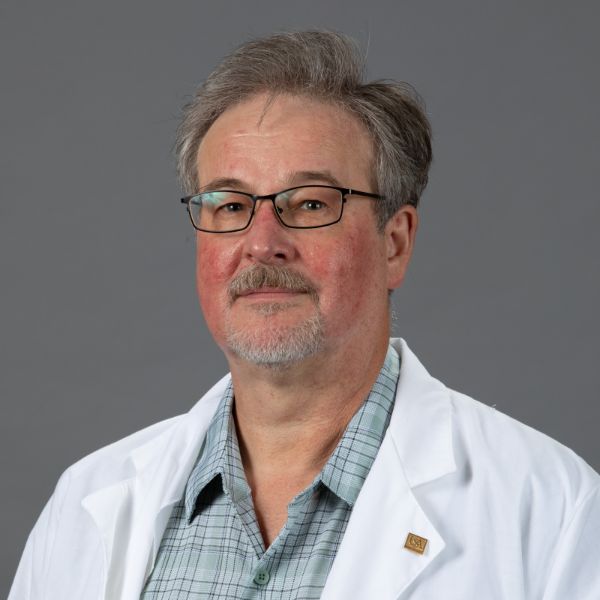 Mikhail Alexeyev, Ph.D.
Mikhail Alexeyev, Ph.D.
Associate Professor
Postdoctoral Studies: Texas Heart Institute
Ph.D.: National Academy of Sciences of Ukraine, Kiev
Lab Focus
As the principal sites of cellular energy generation, mitochondria are intricately involved in all cellular processes in both health and disease. Virtually all diseases are accompanied by mitochondrial dysfunction, but mitochondrial dysfunction features most prominently in a group of so-called mitochondrial disorders. These disorders have been recognized for less than for decades, and thus far, no cure or effective treatment is available. A significant fraction of these disorders are caused by mutations in mitochondrial DNA (mtDNA), the only DNA found in human cells outside of the nucleus.
Animal models are instrumental for understanding disease mechanisms and developing new therapeutic modalities. The current lack of effective treatments for mitochondrial disease is directly attributable to the unavailability of faithful mouse models of mitochondrial disease caused by mutations in mtDNA.
Therefore, my lab’s focus is on improving our understanding of mtDNA maintenance, replication and mutagenesis, and using this newly acquired understanding towards generating mouse models of mitochondrial disease. We seek to uncover the genetic determinants of the Interspecies Barrier for mtDNA Replication (IBMDR), which will allow us to reconstitute a human electron transport chain in mice. The resulting “humanized” mice could be used as a novel, faithful platform for modeling human mitochondrial diseases using patients’ blood as a source of mutant mtDNA.
Lab Team
-
Natalya Kozhukhar
Research Technologist III
-
Viktoriya Pastukh
Research Assistant II
 Stephen T. Ballard Ph.D.
Stephen T. Ballard Ph.D.
Professor Emeritus
B.S.: North Carolina State University
M.S.: University of Kentucky
Ph.D.: University of North Carolina
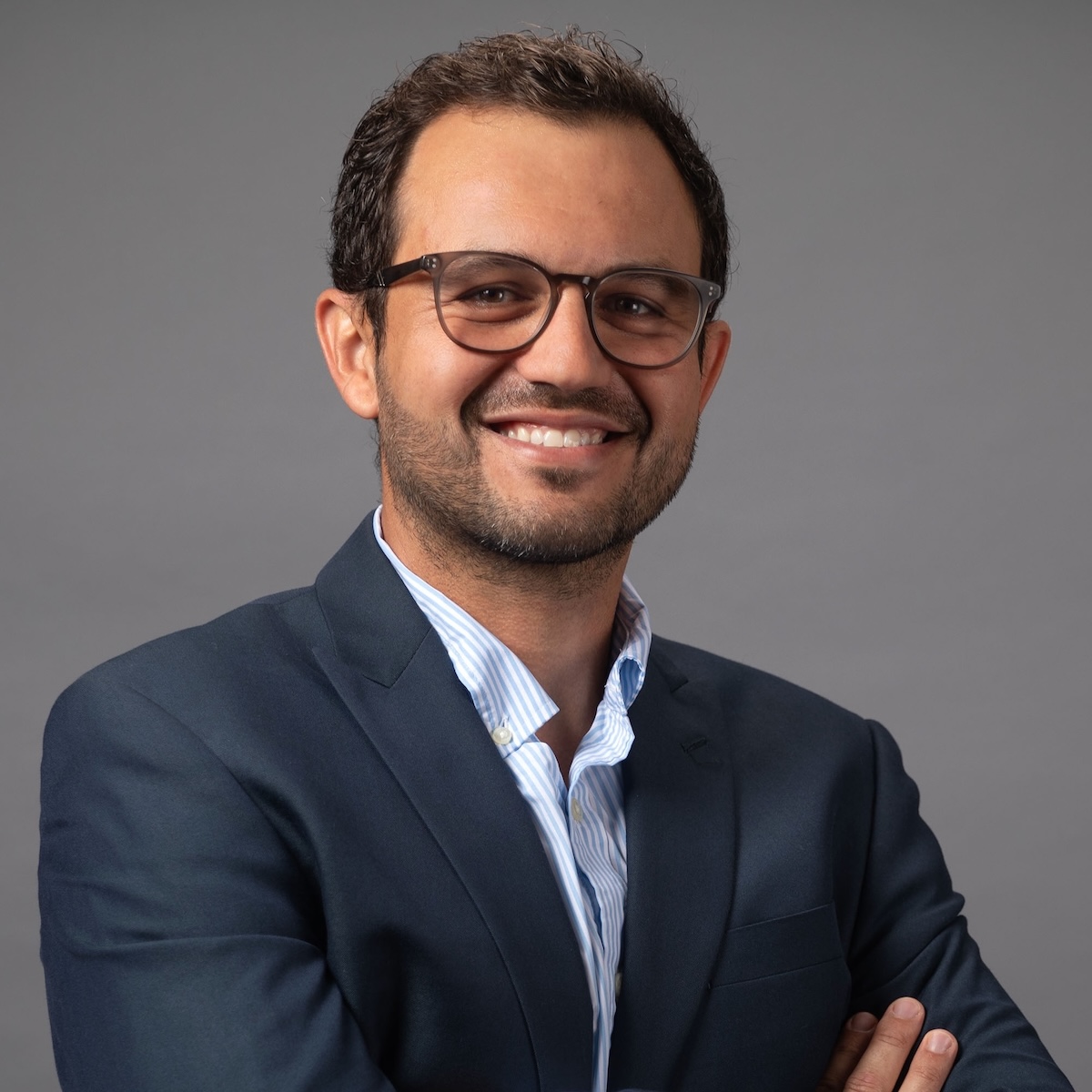 Thiago Bruder, Ph.D.
Thiago Bruder, Ph.D.
Assistant Professor
Ph.D.: Medical School of Ribeirao Preto – University of São Paulo, Brazil
Postdoctoral: Augusta University
Lab Focus
Cardiovascular disease (CVD) is the leading cause of death globally. It includes a range of conditions affecting the heart and blood vessels, such as coronary artery disease, heart attacks, and stroke. Various factors, including lifestyle choices, genetics, and other health conditions, contribute to its prevalence, highlighting the importance of awareness and prevention.
The Bruder lab is committed to investigating the molecular and cellular mechanisms involved in the development and progression of CVD, as well as discovering both therapeutic and non-therapeutic approaches to mitigate its effects. Our research primarily focuses on the endothelium and its derived factors in regulating vascular tone, inflammation, remodeling, and end-organ damage. We also examine the interactions between vascular cells and the immune system to identify key molecules involved in this communication and the onset of CVD.
To accomplish our goals, we employ advanced techniques to evaluate vascular function, structure, and blood pressure, alongside various molecular methods for manipulating gene expression and conducting omics analyses. Additionally, we utilize genetically engineered mouse models to gain deeper insights into these cellular and molecular processes.
Our research is organized into two main areas: arterial hypertension and Kawasaki disease. Below, you will find detailed information on each of these projects, along with related publications.
Arterial Hypertension
Arterial hypertension, commonly known as high blood pressure, is a condition where the force of blood against the walls of the arteries is consistently too high. This can occur when the heart pumps more blood than usual or when the arteries narrow and resist blood flow. Persistent hypertension can lead to serious health issues, including heart disease, stroke, kidney damage, and other complications. It is typically diagnosed through blood pressure readings, and management often includes lifestyle changes and, in some cases, medication to help lower blood pressure and reduce the risk of associated health problems.
Our lab is dedicated to understanding the autocrine endothelial mechanisms that regulate blood pressure. In a recent study published in the Journal of the American Heart Association (JAHA) in 2023, we showed that progranulin, a key molecule involved in neuroplasticity, plays a crucial role in controlling vascular function and blood pressure by directly influencing endothelial nitric oxide synthase activity. Additionally, we found that CCL5 and its receptor CCR5 are significant contributors to aldosterone-induced hypertension, vascular injury, and renal damage, with our findings featured on the cover of Hypertension in April 2024. Currently, we aim to identify the molecular factors produced during arterial hypertension that may have harmful or protective effects on cardiovascular health.
Kawasaki disease
Kawasaki disease is a rare but serious inflammatory condition that predominantly affects children. It leads to inflammation in the walls of blood vessels throughout the body, including the coronary arteries, which supply blood to the heart.
Using a mouse model of Kawasaki disease that closely mimics human vasculitis, we aim to clarify the molecular and cellular mechanisms involved in the progression of this condition. Recently, we made a significant observation that endothelial dysfunction occurs before the onset of severe vasculitis, suggesting that endothelial cells may be the primary targets of the disease. For more information, please refer to our manuscript published in Shock in 2023. Our lab is now concentrating on understanding how endothelial cells detect and contribute to the development of vasculitis.
If you would like to learn more about our research or are interested in trainee opportunities in our lab, please contact Dr. Bruder at tbruder@southalabama.edu.
Lab Team
Ariane Bruder, Ph.D., Research Associate II
Luis Moraes, Ph.D., Postdoctoral Fellow
Tyler Beling, Graduate Student
Gustavo Felix Pimenta, Visiting Ph.D. Student
Sanjana Chada, Undergraduate Student
Laith Alqudah, Undergraduate Student
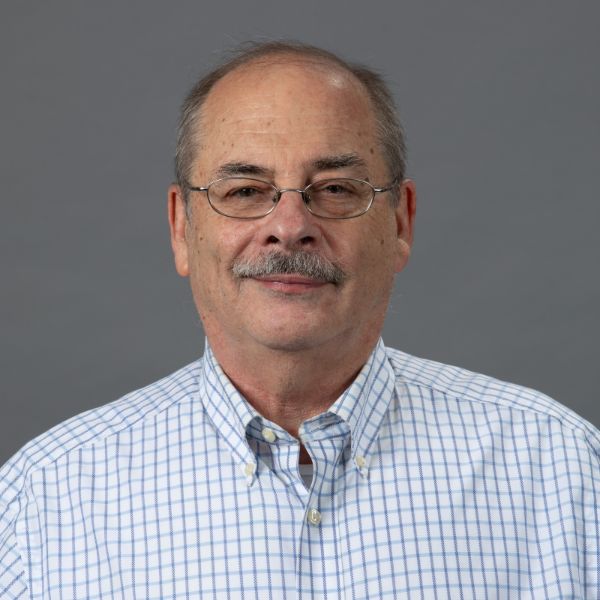 Michael V. Cohen, M.D.
Michael V. Cohen, M.D.
Professor
M.D.: Harvard Medical School
Cardiology Fellowship: Peter Bent Brigham Hospital, Boston, MA
Phone: 251-460-6812
Fax: 251-460-6464
mcohen@southalabama.edu
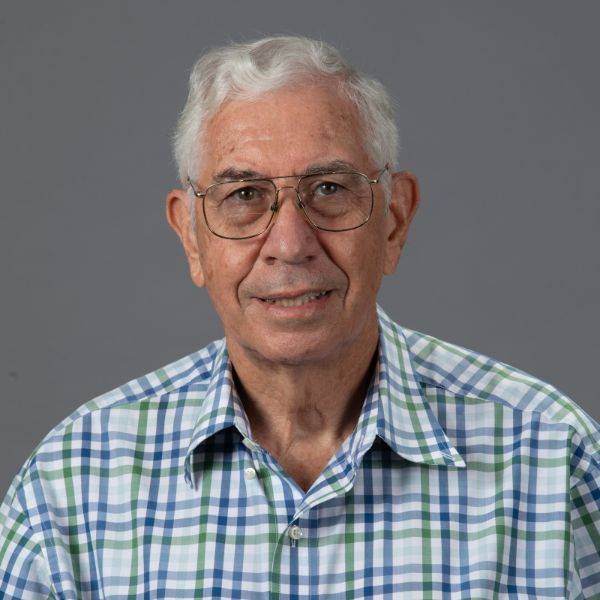 James M. Downey Ph.D.
James M. Downey Ph.D.
Professor Emeritus
Ph.D.: University of Illinois
Postdoctoral Studies: Harvard Medical School
Phone: 251-460-6818
Fax: 251-460-6386
jdowney@southalabama.edu
Recent Publications | Full CV [PDF]
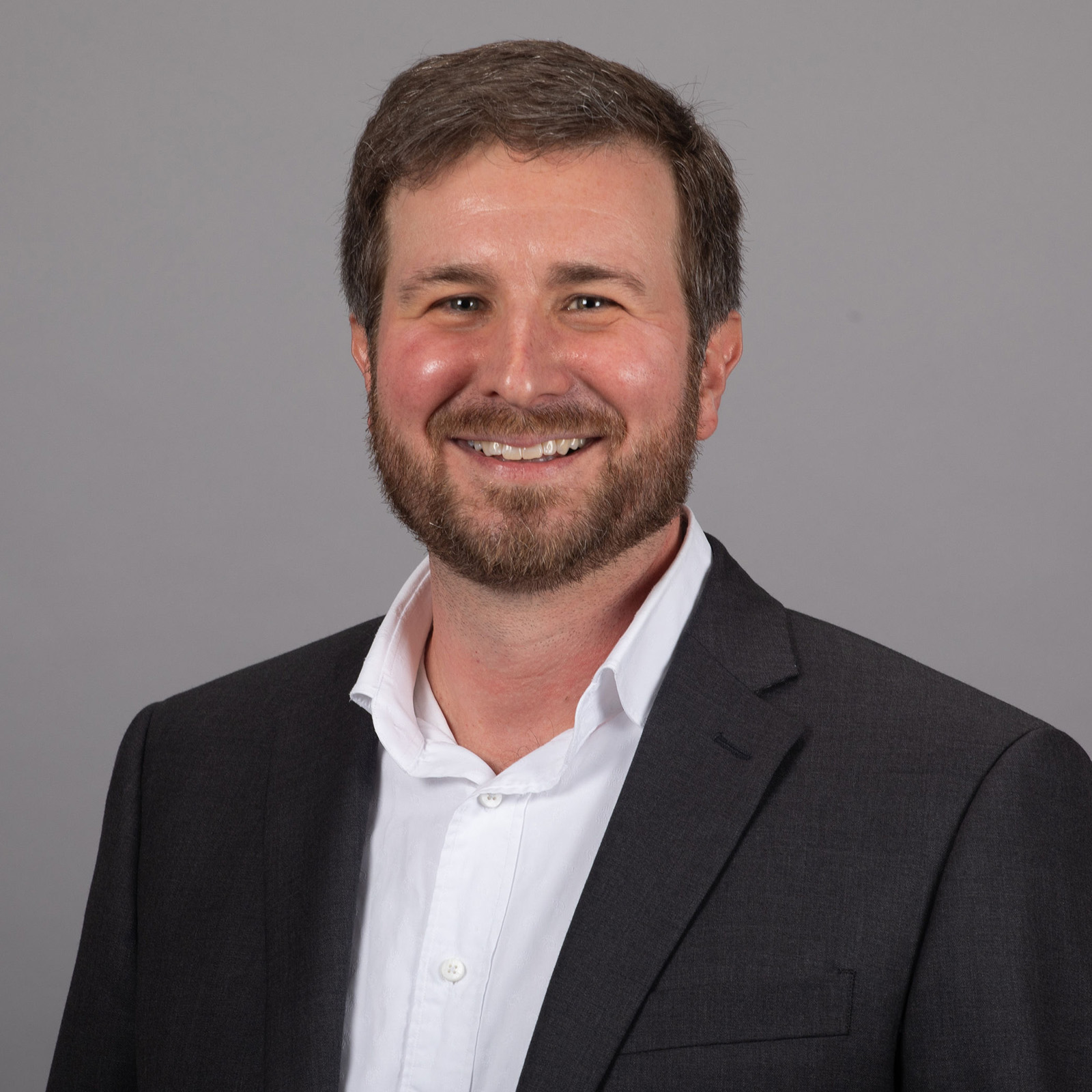 Christopher M. Francis, Ph.D.
Christopher M. Francis, Ph.D.
Associate Professor
B.S.: Physics, Auburn University
Ph.D.: Physiology, University of South Alabama
Postdoc: Physiology and Cell Biology, University of South Alabama
Phone: (251) 460-7004
michaelfrancis@southalabama.edu
Lab Team
-
Takreem Aziz
Graduate Student
-
Jennifer Knighten
Graduate Student
Mohammad N. Islam, Ph.D.
Assistant Professor
M.Pharm: Pharmacy, Jahangirnagar University, Dhaka, Bangladesh
M.S. and Ph.D.: Pharmacology, St. John’s University, New York, NY
Postdoctoral Studies: Columbia University, New York, NY
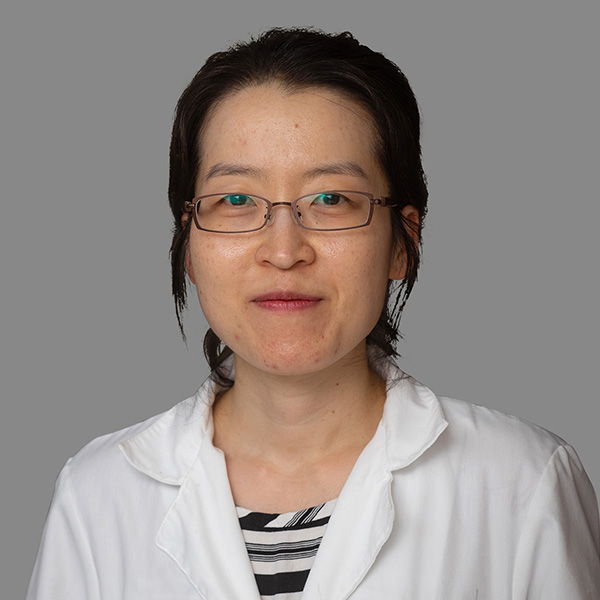 Ji Young Lee, M.D., Ph.D.
Ji Young Lee, M.D., Ph.D.
Associate Professor
Medical Degree: Pusan National University, Pusan, South Korea
Residency: Lincoln Medical and Mental Health Center, Bronx, NY
Fellowship: University of South Alabama College of Medicine
Postdoctoral Studies: University of South Alabama College of Medicine
Lab Focus
pH homeostasis is critical to normal cell function. My laboratory studies fundamental mechanisms of pH regulation in pulmonary endothelial cells, with a broad aim to develop novel diagnostic and therapeutic strategies to treat pulmonary vascular diseases.
Lab Team
-
Ian Garrison
Medical StudentMary Kash
Medical Student
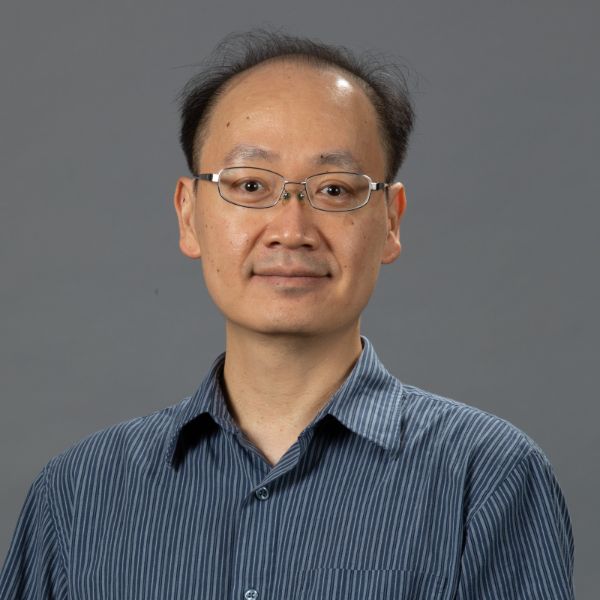 Mike T. Lin, Ph.D.
Mike T. Lin, Ph.D.
Professor
B.S.: Biochemistry, University of British Columbia
Ph.D.: Physiology, Loma Linda University
Postdoc: Oregon Health and Science University
Lab Focus
The Lin laboratory currently studies the lung-brain axis. We focus on the mechanism and disease progression that initiate in the lung and result in neurological deficits. Our work highlights the significant number of patients who suffer from neurocognitive problems in the aftermath of their recovery from a primary lung infection.
Lab Team
Chung-sik Choi
Research Associate II
 Thomas M. Lincoln, Ph.D.
Thomas M. Lincoln, Ph.D.
Professor Emeritus
Ph.D.: University of Tennessee, Knoxville
Postdoctoral Studies: Vanderbilt University
Phone: 251-460-6428
Fax: 251-460-6967
tlincoln@southalabama.edu
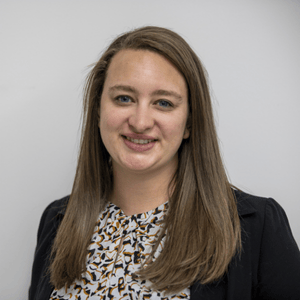 Jamie Meegan, Ph.D.
Jamie Meegan, Ph.D.
Assistant Professor
Ph.D: University of South Florida
Postdoctoral: Vanderbilt University Medical Center
Lab Focus
Our lab aims to identify novel signaling mechanisms regulating microvascular endothelial hyperpermeability during sepsis that have potential to be targeted therapeutically for the prevention or treatment of sepsis-induced organ dysfunction.
Lab Team
Vivian Eberly, Research Technologist I
 James C. Parker, Ph.D.
James C. Parker, Ph.D.
Professor Emeritus
Ph.D.: University of Mississippi Medical Center
Postdoctoral Studies: University of Mississippi
Phone: 251-460-6826
Fax: 251-460-6464
jparker@southalabama.edu
Recent Publications | Full CV [PDF]
Kayla V. Pavlick, Ph.D.
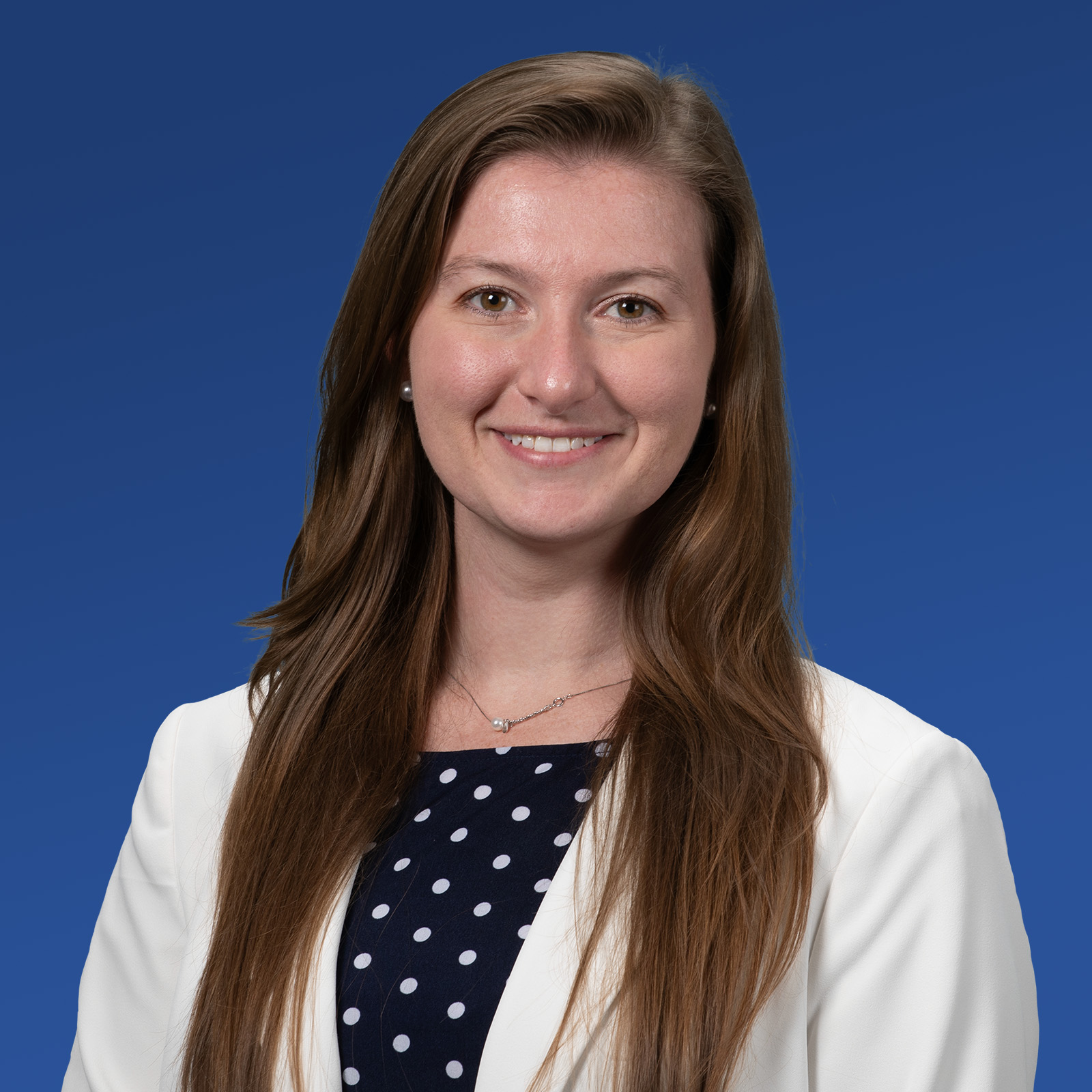 Assistant Professor
Assistant Professor
Ph.D.: University of Mississippi Medical Center
Dr. Pavlick is also an assistant professor in the Division of Medical Education. Her duties include the design and delivery of the pre-clerkship phase curriculum linked to the anatomical sciences with a focus on neuroscience. In addition, she focuses on ways to improve medical education for both students and faculty through the implementation of modern pedagogical practices and learning theory.
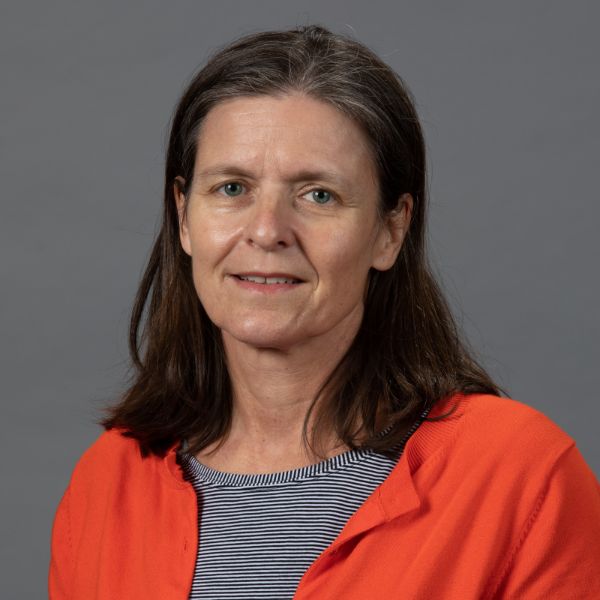 Sarah Sayner, Ph.D.
Sarah Sayner, Ph.D.
Professor
Ph.D.: University of South Alabama
Postdoctoral Studies: University of Cambridge England and University of South Alabama
Research Summary
The pulmonary endothelial barrier is critical to efficient gas exchange to supply the body with oxygen. This single cells layer acts as a barrier restricting the flux of blood components from the vascular space into the underlying tissue. Damage to the endothelial barrier is a characteristic feature of acute lung injury (ALI) and acute respiratory distress syndrome (ARDS).
One of our areas of interest is compartmentalized cAMP signals in regulation of this pulmonary endothelial barrier. While cAMP signals generated at the plasma membrane are barrier protective, cAMP signals generated in the cytosolic compartment by bacterial toxins are barrier disruptive. We are further exploring compartmentalized cAMP signals by investigating the role of the recently identified mammalian soluble adenylyl cyclase (AC10 or sAC) in regulation of the endothelial barrier. This enzyme is stimulated by bicarbonate to generate cytosolic cAMP, yet its role in the physiology of the endothelium is unknown. Further, we are investigating how extracellular bicarbonate transits the plasma membrane to stimulate AC10. Thus, our second area of interest is in bicarbonate transporters in the pulmonary endothelium. We are interested in these transporters not only for the regulation of AC10, but we are also investigating how bicarbonate influx through these transporters affects intracellular pH.
 Mark S. Taylor, Ph.D.
Mark S. Taylor, Ph.D.
Professor
Ph.D.: Basic Medical Sciences, Department of Physiology, University of South Alabama
Postdoctoral Studies: Department of Pharmacology, University of Vermont College of
Medicine
Lab Focus
My laboratory focuses on functional Ca2+ signaling patterns associated with cardiovascular disease and preterm labor. We are particularly interested in elucidating the complex dynamic Ca2+ patterning along the vascular endothelium that preserves cardiovascular homeostasis and becomes disrupted with vascular injury and progressive cardiovascular disease. We also explore phasic Ca2+ signals in the uterus and apply novel approaches to overcome complications associated with dysfunctional labor and delivery. Many of our studies have converged on cooperative ion channels, including inositol trisphosphate receptors (IP3R), Ca2+-activated K+ channels (KCa) and transient receptor potential channels (TRP) that function within distinct cellular domains to generate, tune and direct a wide variety of spatial and temporal Ca2+ signals. Our ultimate goal is to develop targeted therapeutic strategies that preserve, restore or supplement homeostatic patterns and prevent life-threatening disease states. This includes averting the dysfunctional endothelial signaling underlying atherosclerosis, acute respiratory distress, and acute infection as well as exploiting feedback Ca2+ control mechanisms to suppress anomalous uterine contractility in preterm labor.
Our lab employs various approaches including pressure and force myography, molecular biology/immunostaining, and imaging techniques e.g., confocal fluorescence microscopy. We also implement novel high-content approaches for dynamic bio-signal analysis, including custom algorithms designed for autodetection and quantification of dynamic signal parameters. Our laboratory employs various animal models, including conventional and targeted knockout mice, tissue-specific biosensor-expressing mice, partial carotid ligation (low-flow) surgical models, and infection models as well as human vascular and uterine tissues.
Lab Team
-
Chung-sik Choi
Research Associate IIBrianne Kestler
Graduate Student
-
Pallavi Sen
Graduate Student
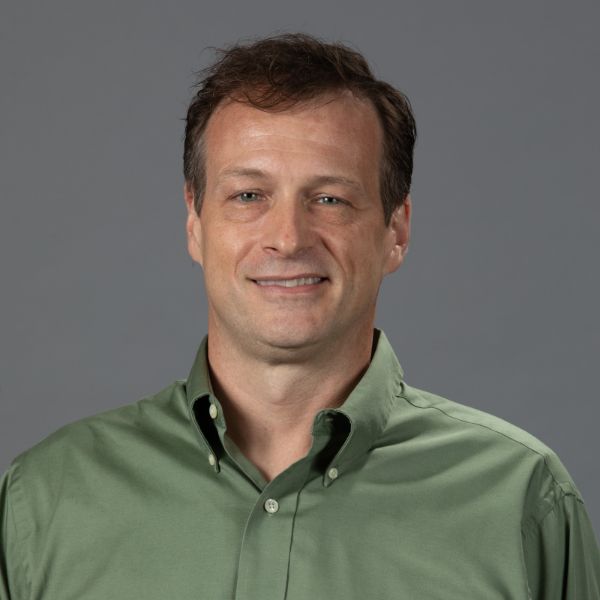 David S. Weber, Ph.D.
David S. Weber, Ph.D.
Associate Professor
Ph.D.: Physiology, Medical College of Wisconsin
Postdoctoral Studies: Division of Cardiology, Emory University, Georgia; Department
of Physiology, Medical College of Georgia and University of Michigan Medical School
Lab Team
Sage Garriss
Graduate Student
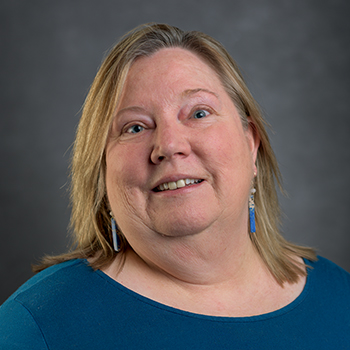 Emily Wilson, Ph.D.
Emily Wilson, Ph.D.
Professor
Ph.D: Emory University
Postdoctoral: Vanderbilt University
Joint Faculty Appointments
Lynn A. Batten, M.D.
Professor of Pediatrics
Director of the Division of Pediatric Cardiology
lbatten@health.southalabama.edu
Kalsang Dolma, M.D.
Associate Professor of Pediatrics
kdolma@health.southalabama.edu
Manimaran Ramani, M.D., MPH, MSHA, MSHQS
Professor of Pediatrics
Chief of the Division of Neonatology
mramani@health.southalabama.edu
John Soltys, M.D., Ph.D.
Assistant Professor of Neurology
jsoltys@health.southalabama.edu
Ting Wei, M.D., Ph.D.
Assistant Professor of Pediatrics
twei@health.southalabama.edu
Adjunct Faculty
Gerd Heusch, Prof. Dr. med., Dr. h.c.
Direktor des Institutes für Pathophysiologie
Zentrum für Innere Medizin
Universitätsklinikum Essen
Essen, Germany
gerd.heusch@uni-essen.de
Thomas Krieg, Dr. med.
Clinical Pharmacology Unit
University of Cambridge
Addenbrooke’s Hospital
Cambridge CB2 2QQ, UK
tk382@medschl.cam.ac.uk
Derek Yellon, Ph.D., D.Sc.
Department of Academic & Clinical Cardiology
University College Hospital London, England
d.yellon@ucl.ac.uk
Marilyn P. Merker, Ph.D.
Medical College of Wisconsin
Dept. Veterans Affairs
VAMC Milwaukee, WI
mmerker@mcw.edu
